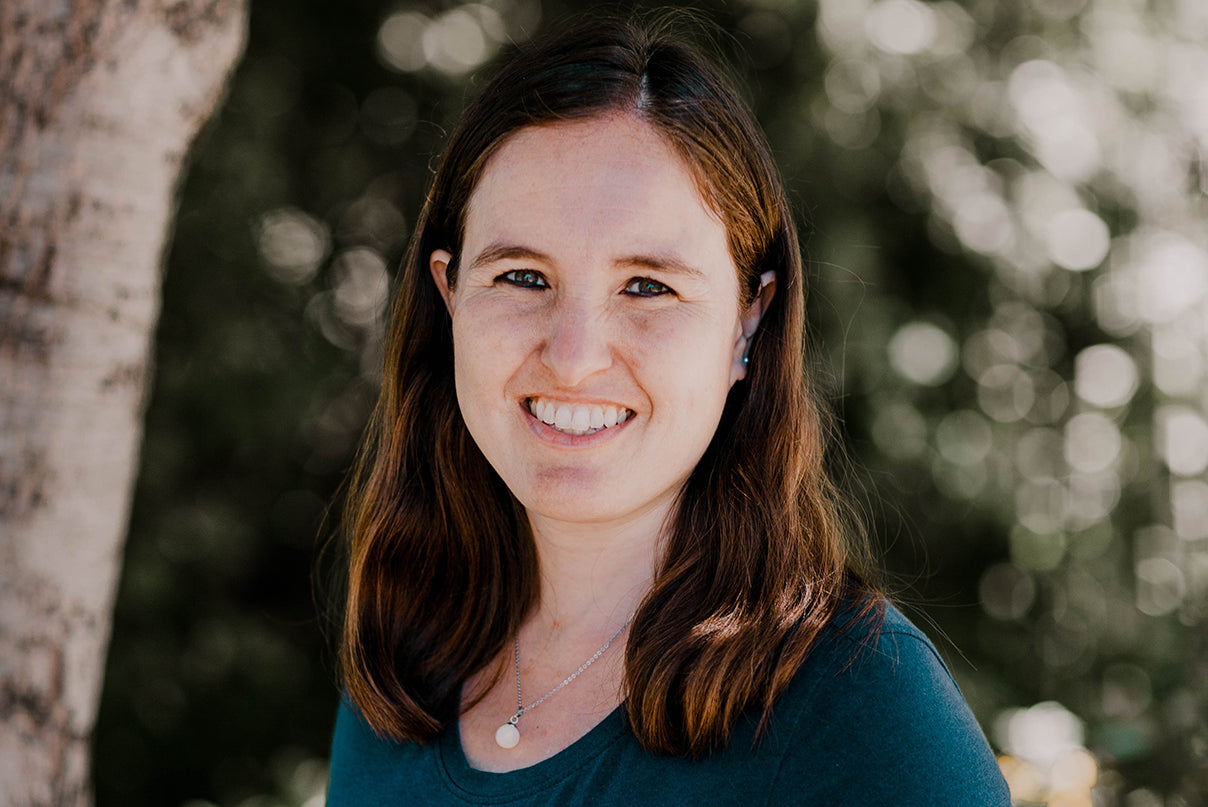Spiritual Disciplines For the Rest of Us
BY: TRICIA CHEN
When spiritual disciplines are mentioned, what comes to mind? I picture a trained soldier who diligently and gladly endures pain or maybe an otherworldly saint who had loads of time to waste in God's presence. Both images feel so far from my daily life of trying to balance cooking, cleaning, raising kids, and working part-time.
Part of what makes me disinterested in spiritual disciplines is that they seem like a lot of hard work, and I'm already tired. Imagine discovering that "We don't need to try harder. No practice can get you one inch closer to God. The practice makes us surrender, allowing God to work in us.”( Marc Gauvreau, Soul Shaping Practices, Emmaus 2024).
Disciplines, or as some prefer to call them, soul-shaping practices, are not chores or commands but "practical ways we cooperate with God in our own formation." (Marc Gauvreau, Soul Shaping Practices, Emmaus 2024).
Instead of trying harder to get the process right, the invitation is to focus on the person of Christ because you become like someone by being with them. This reframes spiritual disciplines for me as an invitation to accept and a relationship to pursue, not as a course to complete or a skill to master. Instead of expecting the actual spiritual practices to transform me, I am learning "to expect the Holy Spirit to provide opportunities for me to go deeper with God.” (Marc Gauvreau, Soul Shaping Practices, Emmaus 2024).
But honestly, giving up control to God is easier said than done. I would rather be the project manager of my spiritual formation, getting to decide who and what I want to become. But the Holy Spirit has already taken that role!
With this proper understanding of roles, I can finally engage in soul-shaping practices not to perform or to gain God's favor but out of a sense of my belovedness as I discover that I already have God's approval. As I seek to engage in soul-shaping practices through this new lens, I especially want to commit to seeking joy and meeting God in my real life and body. Part of what this means is choosing spiritual practices that I am drawn to, that feel life-giving, and that are practical given my current season. Foster summarizes this well, stating that "there are three basic categories of questions to reflect on in choosing disciplines for your rule of life: What am I deeply attracted to or repelled by, and why? Where do I feel God calling me to balance or stretch my spirit? What practices best fit my circumstances or season of life?” (Foster, Richard J. "The Spiritual Discipline: Door To Liberation." In Celebration of Discipline: The Path to Spiritual Growth. Ch. 1, pp 1-11. New York, NY: HarperCollins, 2018).
I want to practice spiritual disciplines in the body and the life that I have been given. I love how Willard explains that "our body is a primary resource for the spiritual life." (Willard, Dallas. "The Secret of the Easy Yoke & Making Theology of the Disciplines Practical." In The Spirit of the Disciplines. Ch. 1 & 2, pp 1-27. New York, NY: Harper-Collins Publishers, 1999).
Too often, my body feels more like an enemy as it lacks energy and can't keep up with all that the world requires of it. So, what a relief that "God intends the disciplines of the spiritual life to be for ordinary human beings: people who have jobs, care for children, wash dishes, and mow lawns. The disciplines are best exercised amid our relationships with our husband or wife, brothers and sisters, friends, and neighbors.” (Foster, Richard J. "The Spiritual Discipline: Door To Liberation." In Celebration of Discipline: The Path to Spiritual Growth. Ch. 1, pp 1-11. New York, NY: HarperCollins, 2018).
This is life-changing news: I don't have to change my family, my job, or my city in order to practice the disciplines well. In fact, this is exactly what Jesus modeled: how to engage in spiritual practices right in the imperfect family, community, and country that you are born into. This is good news: our current life situation is the perfect space to begin practicing spiritual disciplines!
Tricia Chen spent 15 years teaching English to University students in East Asia and now continues to invest in Canadian youth as a staff development coach with InterVarsity Christian Fellowship of Canada. Tricia is training to become a spiritual director through Emmaus Formation Centre. She can usually be found reading a book, scoping out a new coffee shop with her husband, or playing at a park with her 5-year-old daughter.

